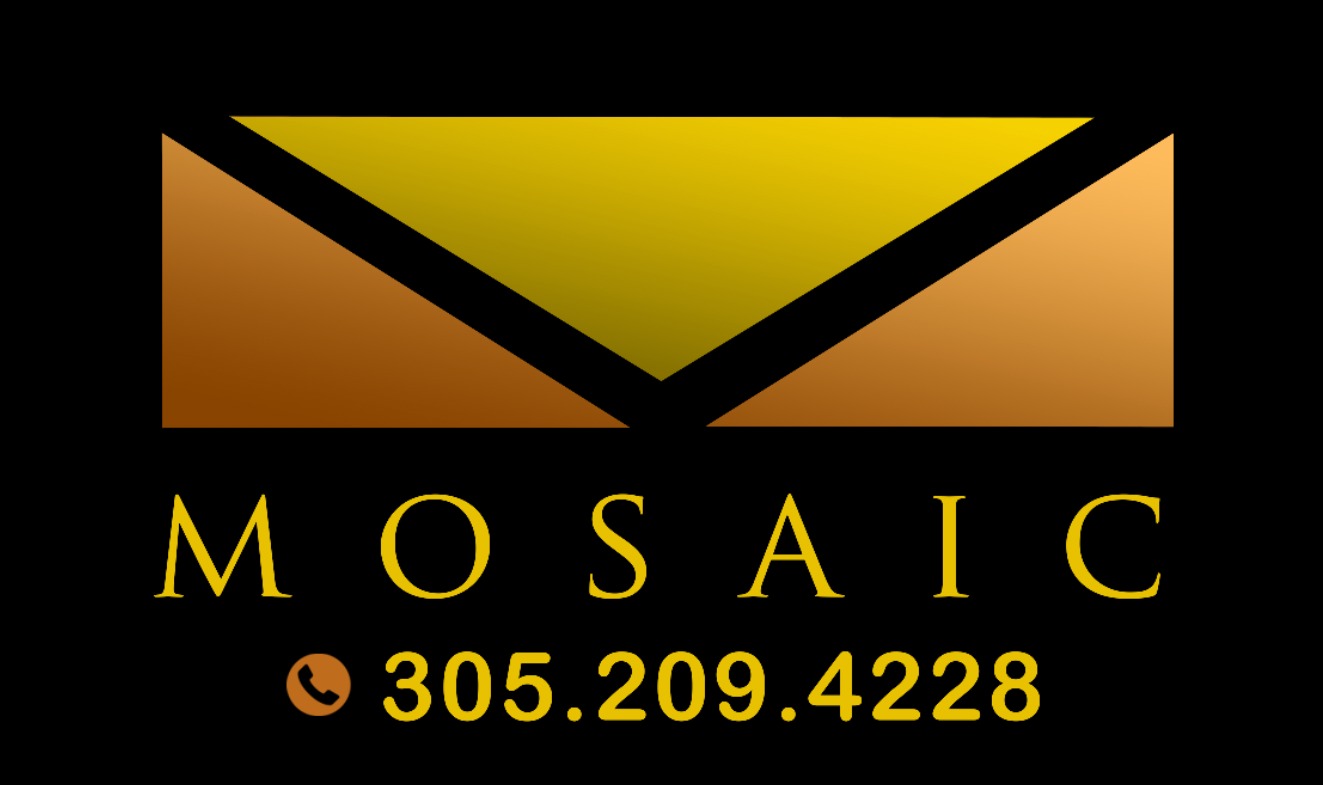
Businesses may face challenges in ensuring compliance and risk uncertainty regarding future regulations. Blockchain adoption requires specialized knowledge and skills that many accounting professionals may not have. Businesses may face pushback in training employees or adapting organizational culture to blockchain-based practices. contribution margin Employees and stakeholders may resist adopting new technology due to unfamiliarity with blockchain. If the result is greater or equal to the target value (pattern), the nonce is incremented and the hash is recalculated.
Casper is a trusted blockchain specialist for accounting
- This immutability enhances data security, making fraud or unauthorized changes highly improbable.
- This ease of verification not only enhances audit efficiency but also strengthens compliance efforts and fosters trust in financial reporting accuracy.
- Blockchain technology, however, does not necessarily ensure that every record is a proper, legal business transaction.
- Solutions such as sharding and off-chain transactions are being explored to address these issues.
- Firms must be prepared for the potential impact on their accounting processes.
- An attacker or a group would need to own over 17 million ETH, and be randomly selected to validate blocks enough times to get their blocks implemented.
- Blockchain eliminates the need for intermediaries, such as auditors, to verify transactions, thereby reducing costs and streamlining operations.
Additionally, just because a transaction cannot be modified, that provides no assurance that it was entered properly in the first place. Although the middle man slows down transactions and adds fees for their services, they’re not all bad. The middle man plays a large role in protecting both parties in the exchange of assets from fraud.

Errors: Improving Automation Reduces Human Error
Each transaction is encrypted and linked to the previous one, creating a chain that is nearly impossible to alter without detection. This immutable ledger ensures that financial records are tamper-proof and verifiable. Blockchain technology is a decentralized ledger system that records transactions across multiple computers in a way that ensures the data’s integrity and security.

Transparency: Open, Visible, but Encrypted
- In the context of virtual currency, blockchain exists as a way to authenticate digital transactions.
- The implementation of blockchain in accounting has numerous benefits, but there are also certain challenges that businesses must navigate.
- Standard accountancy requires a significant time investment from all organizations in the supply chain.
- While blockchain has the potential to streamline processes, reduce operational costs, and enhance compliance, its integration into existing accounting systems may take time.
- This effectively means that Person A has a copy of all of their information as does Person B, and as does the next person.
This may not appear to be substantial because we already store lots of information and data. However, as time passes, the growing blockchain use will require more storage, especially on blockchain in accounting blockchains where nodes store the entire chain. While confidentiality on the blockchain network protects users from hacks and preserves privacy, it also allows for illegal trading and activity on the blockchain network.
Benefits of BlockChain Accounting
Businesses may encounter interoperability challenges and inconsistent results across different blockchain solutions. There are no universally accepted standards for blockchain technology, leading to fragmentation across different platforms. Small to medium-sized businesses may face financial constraints when adopting blockchain. During an audit, an accounting professional can easily confirm that a transaction happened, but the transaction details aren’t recorded. Blockchain technology will reduce the need to follow paper trails as the blockchain would be enough to prove many parts of a traditional audit.
- For example, exchanges have been hacked in the past, resulting in the loss of large amounts of cryptocurrency.
- In the case of a property dispute, claims to the property must be reconciled with the public index.
- Auditing, a cornerstone of financial accountability, is poised to undergo a transformation with the advent of blockchain.
- Essentially, it includes a list of various transactions within a group or network.
- Blockchain OS streamlines operations, enhances transparency, and provides real-time data access, offering significant potential for the accounting field.
Blockchain’s immutable records provide a reliable way to verify the authenticity of assets, benefiting industries like finance and supply chain management. Smart contracts, self-executing agreements encoded with specific terms, automate routine audit tasks, reducing time, cost, and human error. For instance, in inventory auditing, smart contracts can verify inventory levels against recorded transactions, ensuring compliance with standards like GAAP’s ASC 330. This could save substantial amounts of time and the risk of human error may be considerably reduced. Alternatively, a firm may adopt a distributed private network, which is more like a traditional transaction ledger. Members will be independent, third-party (e.g., vendors, customers, lenders, external auditor) stakeholders that have no direct interest in colluding with other members.

- This transparency minimizes discrepancies and disputes, as everyone is operating from a consistent set of data.
- The subject of cryptocurrency is complex, and its decentralized nature means there are a number of regulatory issues accountants will eventually have to deal with.
- For tax and accounting professionals, understanding blockchain and cryptocurrency is not just beneficial—it’s becoming essential.
- Blockchain and accounting are intertwined based on security intensification.
Moreover, the absence of standardized protocols and practices across different blockchain platforms poses challenges. The lack of universally accepted norms complicates integration efforts and interoperability between blockchain systems and traditional accounting software. Blockchain’s decentralized architecture and consensus mechanisms optimize transaction processing.
Traditional Accounting Challenges

Unlike traditional systems where data is saved in centralized locations, blockchain distributes data across a network of nodes to ensure no single entity controls the entire database. Participants verify each new transaction on the blockchain through consensus mechanisms and once recorded, it cannot be altered without the consensus of the network. The technology uses cryptographic techniques to ensure transaction data is secure and tamper-proof. Blockchain’s transparency allows for real-time auditing and monitoring of transactions. This continuous oversight minimizes the potential for errors and discrepancies, ensuring that all financial activities are accurately recorded.
Now that this cutting-edge technology is finally becoming mainstream, blockchain accounting Bookkeeping for Etsy Sellers programs, departments, and services are on the rise. Instead of keeping distinct records based on available receipts, companies can maintain “public” registers of their transactions. In the context of virtual currency, blockchain exists as a way to authenticate digital transactions. Outside of cryptocurrency, the applications of blockchain technology are immense. In its most basic form, blockchain is a distributed (decentralized) ledger of transactions that grows over time. As with any new technology, CPAs will need to acquire new technical skills to process, review, and audit transactions in a blockchain, the details of which will depend upon the services provided.




No responses yet